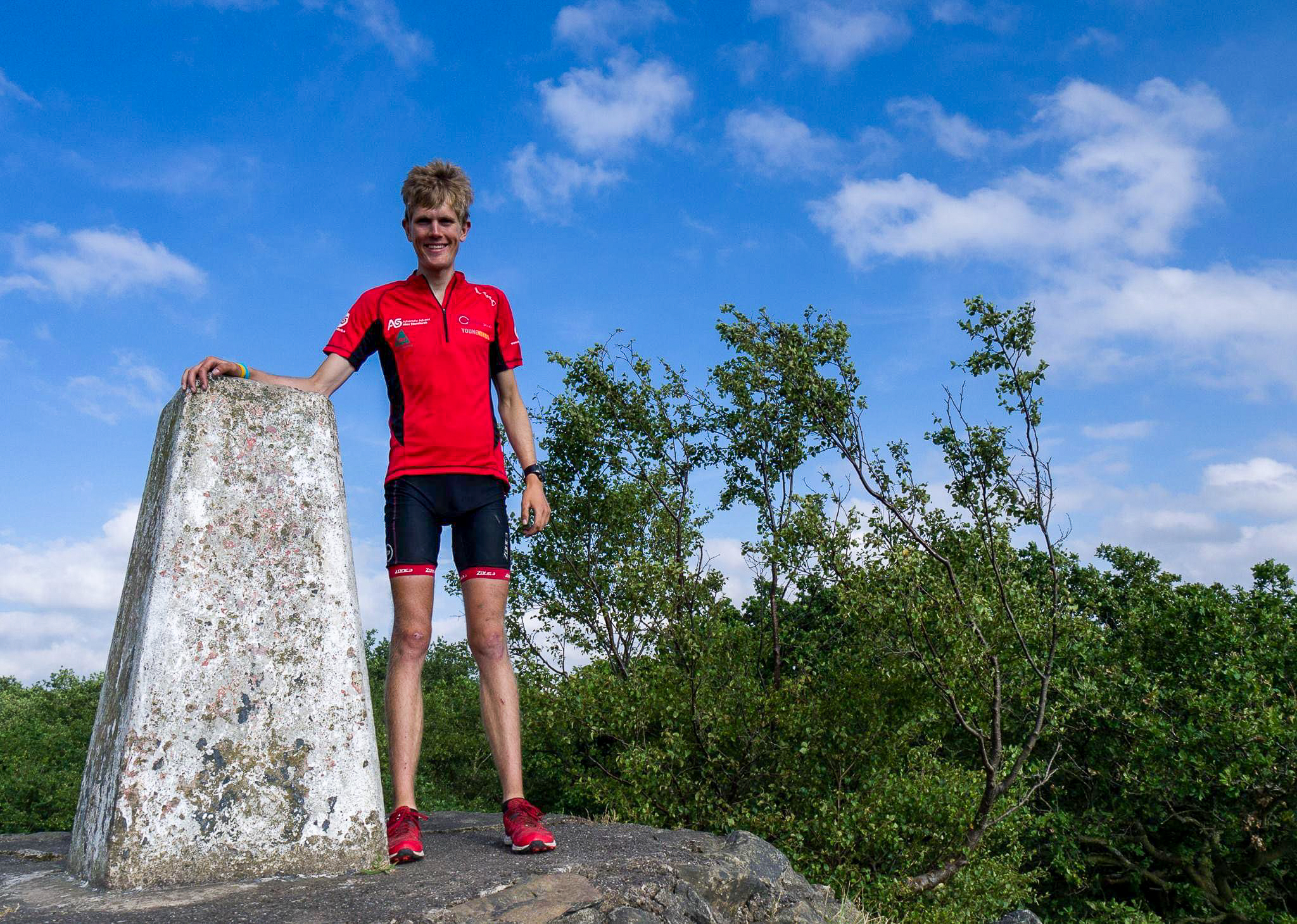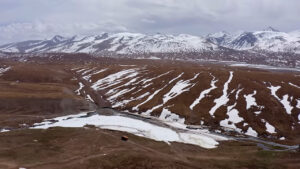British adventurer Alex Staniforth isn’t an elite athlete, nor is he the luckiest. Most times, when I log onto social media and see Staniforth is planning an adventure, I half expect it to end with an untimely injury or illness. Altitude sickness on Mera Peak and Cho Oyu, exhaustion on Baruntse, and near death on Everest.
But what Staniforth has faced in misfortune and false steps, he has met with equal force to adapt and overcome. He is what he self-proclaims an adversity adventurer. Aged 14 and beset by bullying, epilepsy, and a stammer, Staniforth set his sights on climbing Everest after a few formative experiences hiking in the mountains.
Just four years later, at 18, Staniforth had raised the funds to tackle Everest, but only made it as far as Base Camp before a huge avalanche killed 16 Sherpas and canceled the climb. He returned the next year, in 2015, and was climbing through the Khumbu Icefall just as a huge earthquake struck Nepal and took the lives of three teammates.
Beyond Everest
Moving away from the big mountains in the ensuing years, the ever-upbeat Staniforth channeled his energies into long-distance endurance events while fighting off the demons of mental ill health and eating issues.
But perhaps the most important part of Staniforth’s post-Everest years was the founding of Mind Over Mountains, a charity that provides professional counseling and support while walking out in nature across the UK.
Head Above Water picks up the story with Staniforth trying to overcome the effects of Long Covid and tackle a 65km swim-and-run ultramarathon in the Lake District.
Since this film was screened, Staniforth collapsed with an epileptic seizure during a 300km run across the width of the UK. I’ll bet that this plucky adventurer will just keep plowing on to the next challenge.






